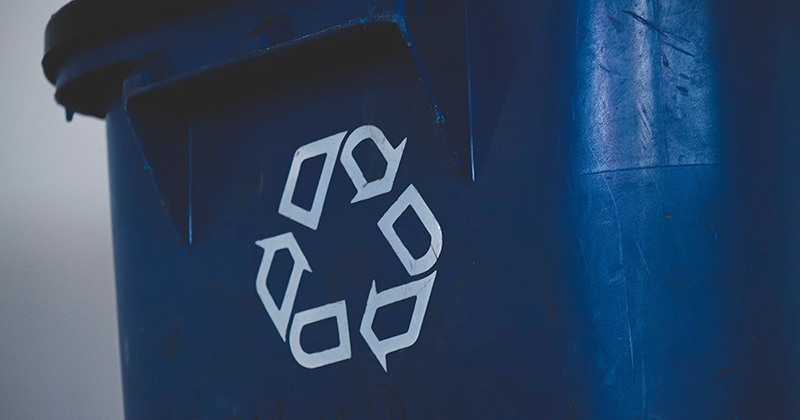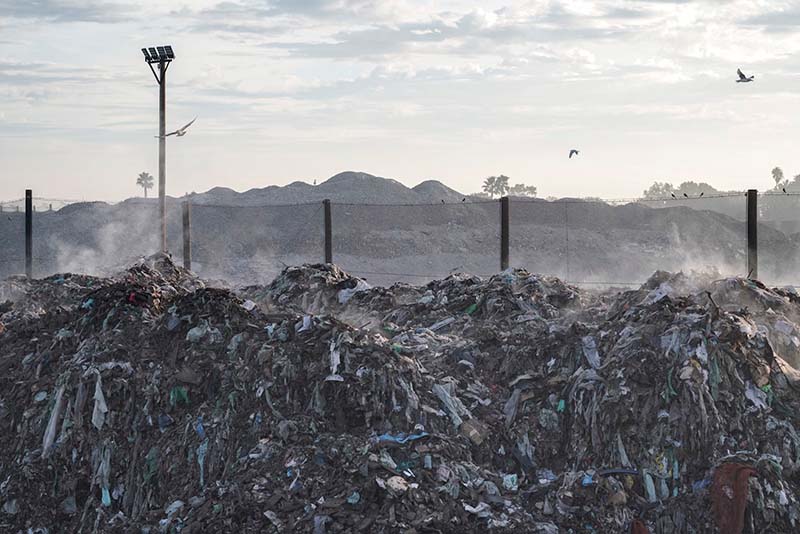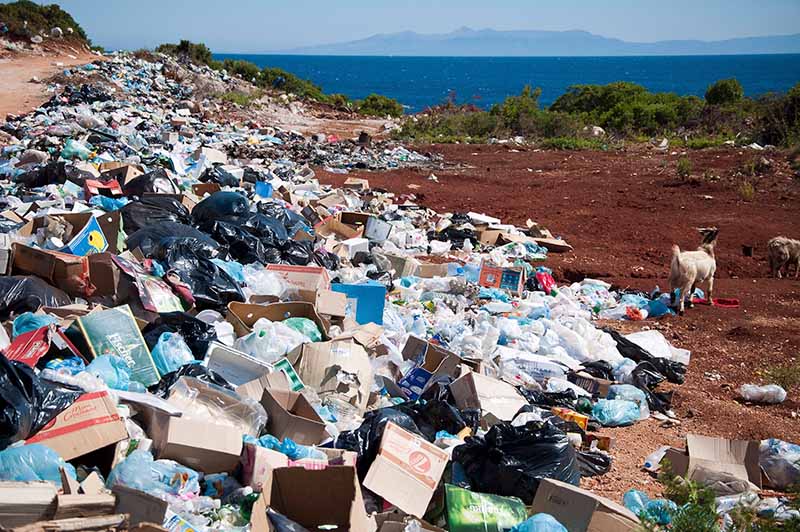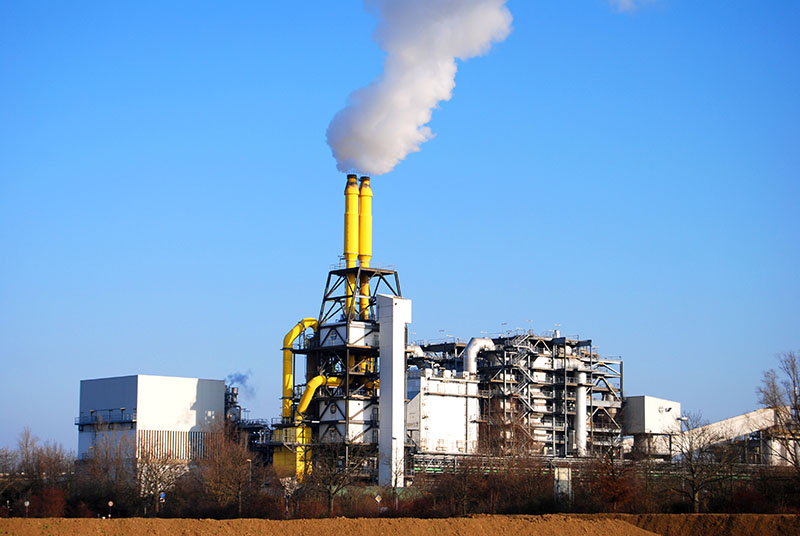The Environmental Benefits of Sustainable Waste Management

In recent years, the push for eco-friendly waste management has led to more sustainable practices coming into effect across the globe. A greater focus on waste management sustainability is good news for the planet - but what is it, and what are its benefits? In this article, we discuss how the proper management of waste can help the environment, the economy, and our communities.
What is Sustainable Waste Management?
Sustainable waste management is an environmentally conscious method of waste disposal. This method focuses on the slogan ‘reduce, reuse, recycle’ and prioritises reclamation and recycling when handling waste items. Reducing the amount of waste produced, reusing second-hand items, and recycling responsibly are all sustainable waste management methods.
The Benefits of Sustainable Waste Management
Reclaiming Resources
All waste results from materials that were useful at some point. Sometimes these materials can be rare and non-renewable, and extracting them from waste is a great way to keep resources circulating. Mercury, silver, magnesium, nickel, cadmium, and titanium are amongst the metals that can be reclaimed using this method, along with less hazardous materials such as plastic and paper.
Keeping these materials in use rather than abandoning them in landfills is both good for the environment and for the economy, and reduces the demand for land-altering mining procedures around the world. Intensive mining can cause issues such as sinkholes and groundwater contamination, and can be dangerous for miners and surrounding towns. Equipment used to extract minerals from the ground usually has a high carbon footprint, and reducing the need for it can curb the amount of greenhouse gas being released into the atmosphere.
Less Landfill Waste
According to government data, there are around 500 active landfill sites across the UK. These sites are constantly reaching maximum capacity, and the UK has limited space for new landfill opportunities. Additionally, active landfills can result in soil contamination, expose wildlife to plastics, and may reduce the value of neighbouring land.
When sustainable waste management is practised on a larger scale, the demand for landfill can be drastically reduced. Recycling plants can extract valuable and reusable materials from waste and reintroduce them into the economy, reducing the amount of waste heading to landfill and preserving both the environment and usable space.

Hazard Safety
Many waste items are hazardous to our health when broken down or abandoned. Surprisingly, this includes TVs, computers, and fridges, as well as more well-known hazards such as chemicals and batteries. Properly managing this waste and processing it with specialised recycling methods means that there is a much lower risk of these items causing harm to employees.
When left to decompose in landfills or at illegal fly-tipping sites, materials such as plasterboard and bleach will contaminate the surrounding area. Soil and water contamination causes wildlife to become sick, kills native flora, and makes wild spaces hazardous for visitors. Disposing of these items responsibly preserves the ecosystem and helps to keep wildlife safe.
Cleaner Public Spaces
Responsible waste management reduces the amount of rubbish that gets misplaced or abandoned in urban and rural spaces. Problems such as fly-tipping and overflowing bins can be prevented with proper waste management such as separating recyclable items and ordering the disposal of large items such as mattresses, sofas, and cabinets.
Fewer Abandoned Plastics

Plastic bags, straws, and netting are some of the biggest causes of environmental damage across the globe. Traditional plastics can take centuries to decompose, and are responsible for trapping wildlife and releasing microplastics into surrounding areas in the process. Sustainably managing waste involves reducing the amount of rubbish being produced, which can protect the environment from excess plastics. Reducing, recycling, and reclaiming plastic items also prevents them from ending up abandoned in waterways and the ocean.
Lower Carbon Footprint

The first waste disposal incinerators were designed as far back as 1874, making incineration one of the primary methods of waste disposal for well over 100 years. Their long-standing use has had a huge impact on the environment, as incinerators have massive carbon footprints. Additionally, when items such as tyres and plastics end up burned, they release toxic gases that pollute the atmosphere.
Managing our waste through primary methods such as recycling and reclamation reduces the need for incinerators, which in turn reduces the amount of CO2 gas being released into the atmosphere.
How to dispose of our rubbish effectively is a question humans have grappled with for as long as we’ve had waste to dispose of. Proper waste management is a science that’s always evolving, and we can only hope that the list of recyclable materials continues to grow in future. Check out our sustainability page to find out more about our eco-friendly waste management processes.


